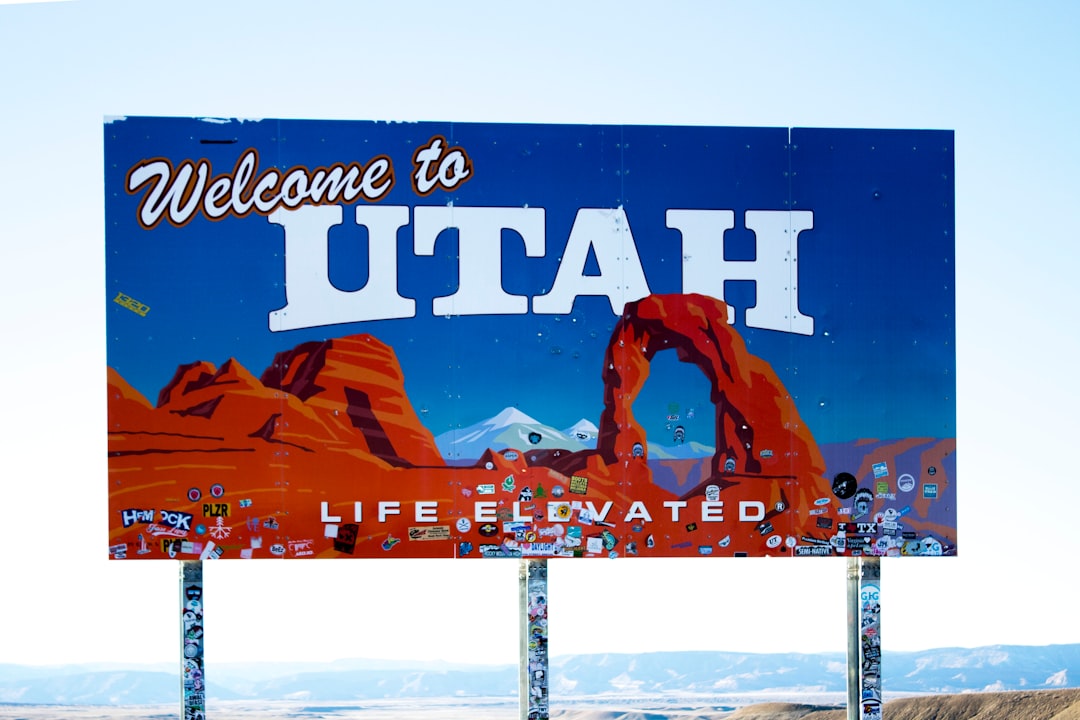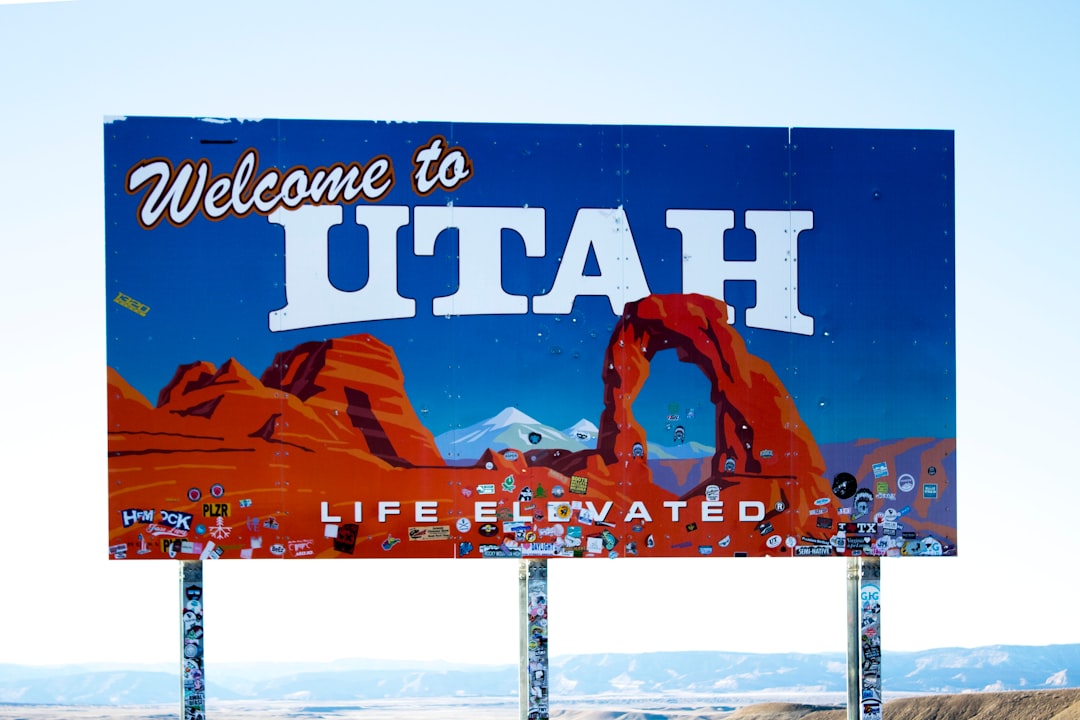Spam texts and calls have become a growing problem in Utah, prompting the Federal Communications Commission (FCC) to enforce strict regulations through the Telephone Consumer Protection Act (TCPA). A Spam Call law firm Utah plays a crucial role in protecting residents from unwanted communications by offering legal avenues for addressing violators and maintaining privacy. The FCC's efforts include limiting automated message volume, providing clear opt-out mechanisms, and imposing significant penalties for non-compliance, creating a safer digital environment for Utah residents.
In today’s digital age, Utah residents are increasingly bombarded with spam texts, posing significant privacy and security risks. This article explores the critical role of the Federal Communications Commission (FCC) in safeguarding Utahns from unwanted text messages. We delve into the impact of spam texts, dissect the FCC’s regulatory framework, highlight key provisions relevant to Utah, provide protection tips for residents, and discuss penalties for violators, emphasizing the importance of a spam call law firm in Utah for guidance and enforcement.
Understanding Spam Texts and Their Impact on Utah Residents

Spam texts, or unsolicited text messages, have become a pervasive and often annoying issue for Utah residents. These messages can range from promotional offers to fraudulent schemes, causing distress and disrupting daily life. The impact is significant, leading many to seek relief through legal avenues. A spam call law firm Utah plays a crucial role in helping individuals combat this growing problem.
Utah residents face unique challenges with spam texts due to the rapid advancement of technology, making it easier for spammers to target and track down potential victims. The Federal Communications Commission (FCC) has established guidelines and implemented laws, such as the Telephone Consumer Protection Act (TCPA), to protect consumers from these invasive practices. By understanding the nature of spam texts and their effects, Utah residents can take informed steps to safeguard their privacy and peace of mind.
The Role of the Federal Communications Commission (FCC) in Regulating Spam

The Federal Communications Commission (FCC) plays a pivotal role in protecting Utah residents from unwanted spam texts and calls, ensuring consumer privacy and safety. With the ever-evolving landscape of communication technologies, the FCC has established comprehensive regulations to combat spamming activities. These rules are designed to give consumers control over their communication preferences and safeguard them from intrusive messaging.
One of the key responsibilities of the FCC is to enforce the Telemarketing and Consumer Fraud Prevention Act (TCPA), which includes strict guidelines for spam texts and calls. This law empowers Utah residents to register complaints against violators and seek legal recourse through a spam call law firm. The FCC’s regulatory framework allows individuals to opt-out of receiving promotional messages, ensuring their peace of mind and freedom from nuisance calls.
Key Provisions of the FCC's Spam Call Rules in Utah

The Federal Communications Commission (FCC) plays a pivotal role in safeguarding Utah residents from unsolicited and unwanted spam texts, also known as spam calls. In response to the growing concern over this nuisance, the FCC has implemented comprehensive rules specifically targeting such activities. These regulations provide much-needed protection for consumers by limiting the volume of automated messages they receive.
Key provisions of the FCC’s Spam Call Rules include stringent requirements for obtaining consumer consent, mandating opt-out mechanisms, and imposing harsh penalties on violators. Utah residents can rest assured that these rules empower them to control their communication preferences. If a consumer does not explicitly give permission, businesses are prohibited from sending automated spam calls. Additionally, the rules ensure that individuals can easily unsubscribe from receiving such messages, giving them back their privacy and peace of mind. This proactive approach by the FCC reflects its commitment to maintaining a secure and respectful digital environment for all Utah residents.
How Utah Residents Can Protect Themselves from Unwanted Text Messages

Utah residents can protect themselves from unwanted text messages by familiarizing themselves with the state’s Spam Call laws. The first step is to understand that certain types of automated texts are illegal without prior consent, and residents have the right to opt-out from receiving them. Many spam texts often come from telemarketers or scam artists targeting customers for promotional purposes.
To safeguard against these messages, individuals should review their phone settings, enabling options to block unknown numbers and silence unwanted notifications. Additionally, registering with a Do Not Call list specific to Utah can significantly reduce the volume of spam calls and texts. If residents encounter persistent or suspicious text messages, they are encouraged to contact a Spam Call law firm in Utah for guidance and assistance in navigating their rights and legal options.
Enforcement Actions and Penalties for Violating FCC Spam Laws

The Federal Communications Commission (FCC) takes spam text messages, or spam calls, very seriously as they can invade individuals’ privacy and cause significant distress. The FCC has established strict regulations to combat this issue, including enforcement actions with substantial penalties for those who violate these spam call laws.
If a Utah-based law firm or any organization is found to be sending unsolicited text messages in violation of FCC rules, they can face hefty fines. These penalties can reach up to $40,000 per day for each violation, with additional monetary sanctions if the case goes to court. The FCC also has the authority to issue cease-and-desist orders, requiring companies to stop their spamming activities immediately and implement measures to prevent future violations.






